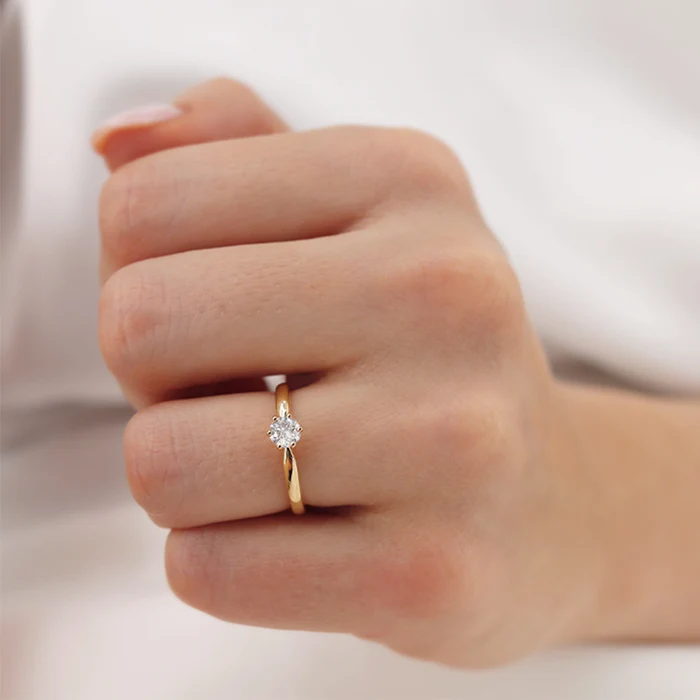
Ethical ruby sourcing is a vital aspect of creating responsible jewelry, especially in items like engagement rings uk buyers seek for their beauty and significance. Rubies, with their deep red hues, have long been a symbol of love and passion. However, behind their captivating sparkle lies the importance of ensuring these gems are mined and traded ethically. By choosing responsibly sourced rubies, jewelers and consumers can support environmental sustainability and fair labor practices.
The jewelry industry has made strides in promoting transparency in gemstone sourcing, yet challenges remain. Ethical ruby sourcing starts with understanding where these gemstones come from. Rubies are primarily mined in countries like Myanmar, Mozambique, and Thailand. Unfortunately, some mines operate under conditions that exploit workers and harm the environment. To counter this, ethical sourcing initiatives aim to promote better practices throughout the supply chain.
One significant step toward responsible ruby sourcing is ensuring traceability. This means that every ruby’s journey, from the mine to the store, is documented. Traceable rubies often come with certifications or provenance records that verify their ethical origins. Organizations like the Responsible Jewellery Council (RJC) work to establish industry standards for sustainable and ethical practices, ensuring that gemstones, including rubies, are mined and traded responsibly.
Another factor to consider is the environmental impact of ruby mining. Traditional mining practices can lead to deforestation, soil erosion, and contamination of water sources. Ethical sourcing emphasizes the use of sustainable mining techniques that minimize these effects. For example, some mining operations focus on reclamation, where mined land is restored to its natural state after extraction. Supporting jewelry brands that prioritize these practices is an essential way to encourage industry-wide change.
Fair labor practices are equally critical in ethical ruby sourcing. Miners in some regions face unsafe working conditions and receive low wages for their labor. Ethical sourcing requires that workers are paid fairly and provided with safe working environments. By choosing jewelry brands that adhere to these principles, consumers can help improve the livelihoods of miners and their families.
For buyers, selecting rubies sourced through fair trade systems can make a meaningful impact. Fair trade gemstones ensure that a portion of the profits returns to the communities where the stones are mined. This approach not only supports economic development in mining regions but also empowers local communities to invest in education, healthcare, and infrastructure.
Consumers play a pivotal role in driving the demand for ethically sourced rubies. When purchasing ruby jewelry, including engagement rings uk customers are increasingly drawn to, asking questions about the gemstone’s origin is essential. Reputable jewelers are usually transparent about their sourcing practices and can provide information on the ruby’s ethical credentials.
Finally, lab-grown rubies are an alternative to mined stones for those seeking a sustainable option. These gems are created in controlled environments using advanced technology, resulting in stones that are chemically and visually identical to natural rubies. Choosing lab-grown rubies eliminates the environmental and ethical concerns associated with mining while offering stunning, high-quality gemstones.
Ethical ruby sourcing is more than just a trend—it’s a commitment to sustainability, human rights, and environmental stewardship. By supporting responsible practices, jewelers and consumers can contribute to a more ethical and transparent jewelry industry while cherishing the timeless beauty of rubies.